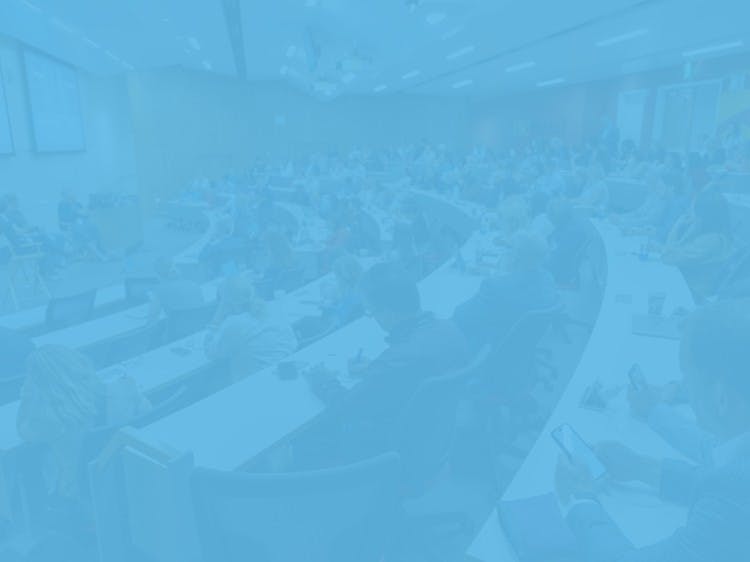
Burnout
“Burnout” refers to a prolonged state of mental, emotional, and physical exhaustion resulting from chronic workplace stress that has not been successfully managed. Burnout has a detrimental impact on performance, productivity, health, and wellbeing of individuals. Organizations with high burnout rates typically face high turnover, increased healthcare costs, unexpected sick days and absenteeism, a toxic work environment, and a gradual decline in business performance.
The term “burn-out” was coined by the American psychologist Herbert Freudenberger in the 1970s to describe the consequences of severe and continued stress among caregiving professionals such as doctors and nurses. Burnout is now recognized by the World Health Organization as an occupational phenomenon triggered by stress caused in any profession. As per a Gallup study based on 7,500 full-time employees, the top five reasons for worker burnout are:
Unfair treatment at work
Unmanageable workload
Lack of role clarity
Lack of communication and support from their manager
Unreasonable time pressure
Burn-out rates have steadily been on the rise worldwide, especially during the COVID-19 pandemic. 52% of survey respondents in a study by Indeed expressed they are experiencing burnout in 2021—up from the 43% respondents before the pandemic. The pandemic has brought issues of mental wellbeing—such as stress, burnout, and mental and emotional health—to the forefront, calling on organizations to develop a burnout strategy to identify and address early signs of burnout.
Build your HR capabilities.
Close skill gaps and increase you or your team's earning potential — Start today by browsing our wide range of courses tailored for HR professionals around the world.
Explore the Academy

